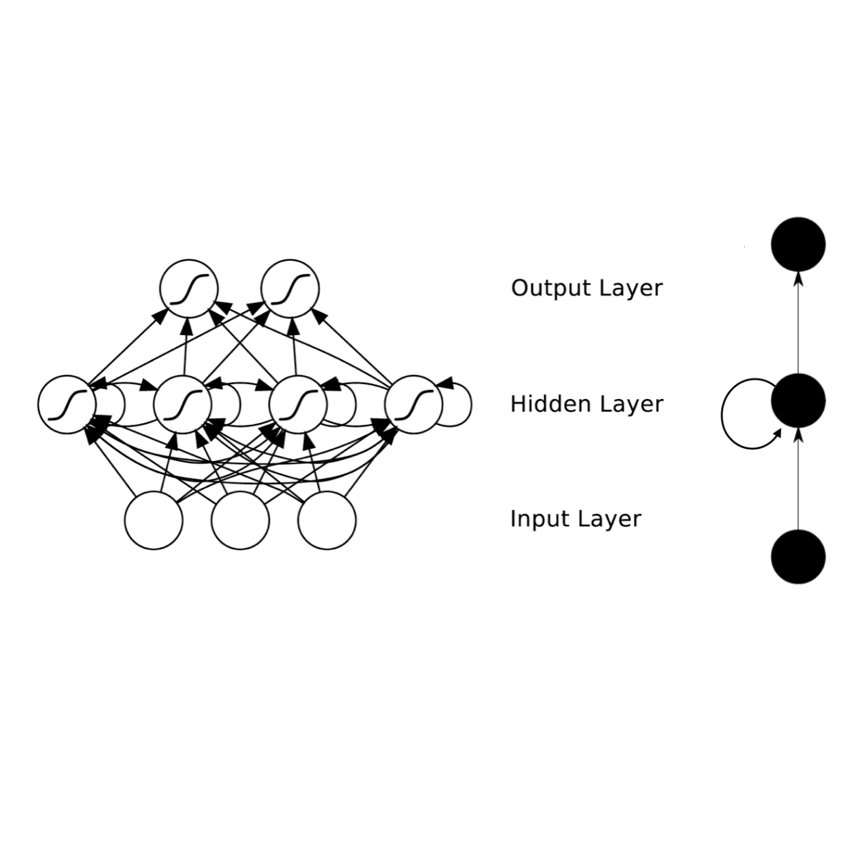Recurrent neural network based solutions are increasingly being used in the analysis of longitudinal Electronic Health Record data. However, most works focus on prediction accuracy and neglect prediction uncertainty. We propose Deep Kernel Accelerated Failure Time models for the time-to-event prediction task, enabling uncertainty-awareness of the prediction by a pipeline of a recurrent neural network and a sparse Gaussian Process. Furthermore, a deep metric learning based pre-training step is adapted to enhance the proposed model. Our model shows better point estimate performance than recurrent neural network based baselines in experiments on two real-world datasets. More importantly, the predictive variance from our model can be used to quantify the uncertainty estimates of the time-to-event prediction: Our model delivers better performance when it is more confident in its prediction. Compared to related methods, such as Monte Carlo Dropout, our model offers better uncertainty estimates by leveraging an analytical solution and is more computationally efficient.
翻译:经常性神经网络解决方案越来越多地用于分析纵向电子健康记录数据。然而,大多数工作的重点是预测准确性和忽视预测不确定性。我们为时间到活动的预测工作提出了深心加速故障时间模型,通过一个经常性神经网络管道和一个稀疏的高斯进程,使人们对预测产生不确定性意识。此外,一个基于深层次的基于远程学习的训练前步骤也进行了调整,以加强拟议的模型。我们的模型显示的点数估计性能优于两个现实世界数据集实验中基于经常性神经网络的基线。更重要的是,我们模型的预测性差异可用来量化时间到活动预测的不确定性估计数:当我们模型对预测更加有信心时,我们的模型将产生更好的性能。与蒙特卡洛·鲁普特等相关方法相比,我们的模型通过利用分析解决方案提供更好的不确定性估计,并且更具有计算效率。





